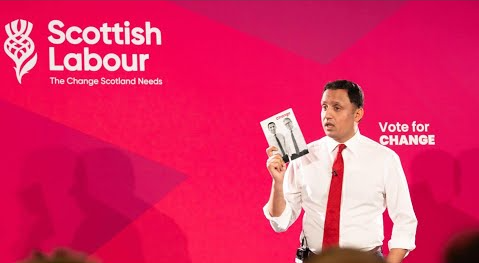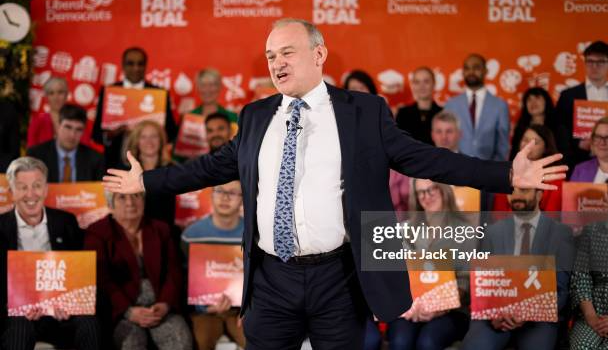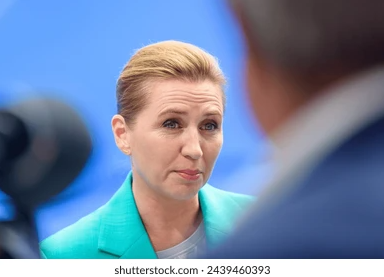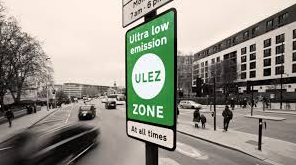
Scottish Labour leader defends his party’s stance on public spending and health, amid SNP
Anas Sarwar, leader of Scottish Labour, has vehemently dismissed the Scottish National Party’s (SNP) claims that a Labour government would impose significant public spending cuts on Scotland, labelling the accusations as “ludicrous”. Sarwar accused the SNP of being “out of tune” with public sentiment in Scotland, suggesting their attacks on Labour reflected their growing desperation rather than a genuine concern for the country’s future.
The SNP’s First Minister John Swinney had warned that Sir Keir Starmer’s Labour would deliver harsh cuts if it won the upcoming General Election. These claims came after the Institute for Fiscal Studies (IFS) predicted tough financial decisions for the next government, regardless of whether Labour or the Conservatives win.
Sarwar, speaking in Glasgow, stated: “The SNP are more focused on attacking the Labour Party than on removing the Tories from power. This is a distraction from the real issue – which is the need to rid Scotland of the corrupt Tory government.”
Sarwar emphasized that his party’s focus was on offering a viable alternative to the current government, one that would prioritise public health, education, and the economy. He also pointed to his commitment to supporting Scotland’s life sciences sector, which he hailed as a “Scottish success story”.
At the University of Glasgow’s School of Health and Wellbeing, Sarwar unveiled Labour’s plans to put Scotland at the forefront of global medical research, accusing both the SNP and Conservatives of failing to capitalise on the sector’s potential. “This incredible industry is being undermined by two incompetent governments,” Sarwar argued.
In addition to his focus on healthcare, Sarwar called for a fundamental overhaul of the UK’s immigration system, which he deemed “fundamentally broken” under the Conservatives. He argued for a system that aligns more closely with Scotland’s specific needs, offering flexibility to address regional challenges, including in areas such as Aberdeen and the Western Isles.
In response, the Scottish Conservatives hit back at Sarwar’s claims. Shadow finance secretary Liz Smith pointed to the SNP’s own financial mismanagement, accusing them of imposing damaging cuts despite receiving substantial funding from the UK government.
Meanwhile, Drew Hendry, SNP General Election candidate for Inverness, Skye, and Ross-Shire, criticized Sarwar’s dismissal of the IFS’s assessment. Hendry noted that the IFS had forecasted £18 billion in cuts across both the Labour and Conservative plans, implying that Labour would not deviate from Tory austerity measures.
Hendry suggested that Sarwar’s criticism of independent figures like the IFS was unlikely to resonate with voters, stating, “Most people will trust the IFS over Anas Sarwar’s assertions.”

















